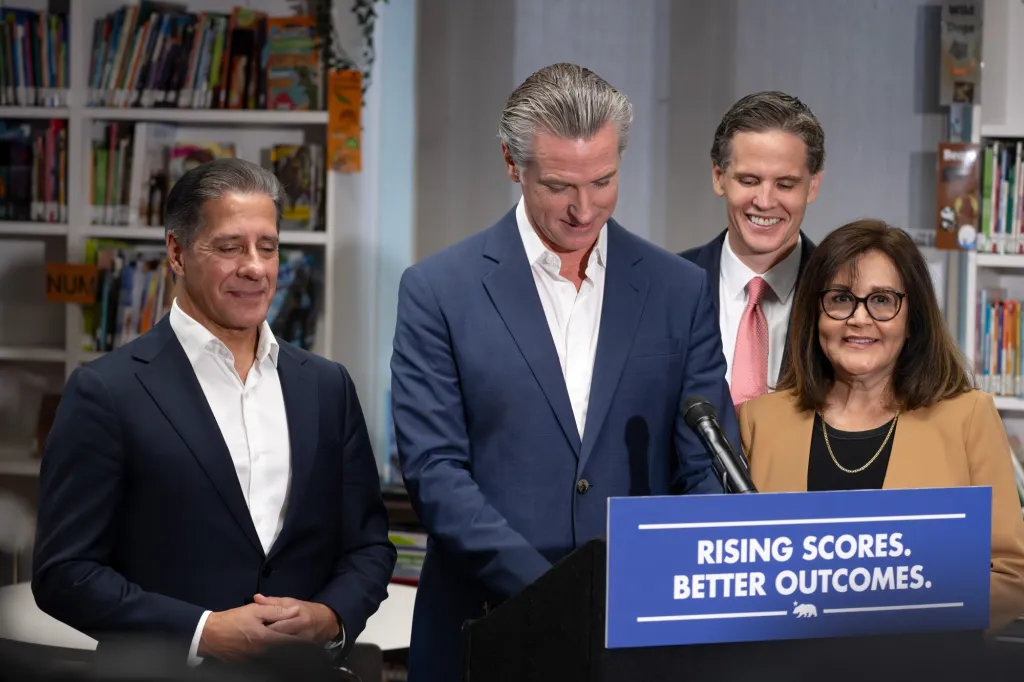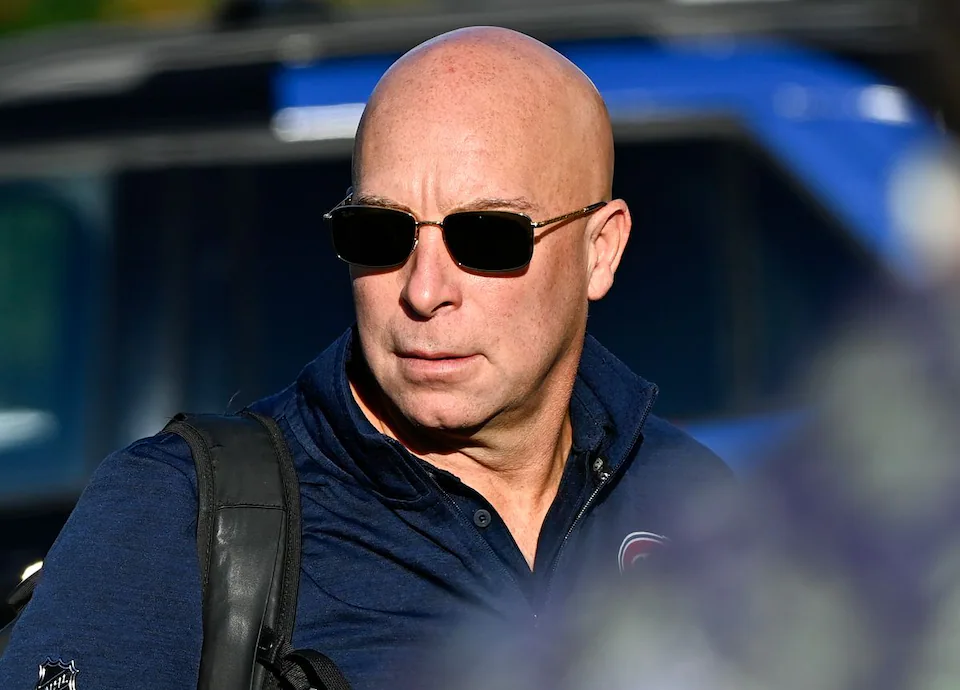Copyright San Diego Union-Tribune

Every year, the California Department of Education releases statewide test results. And every year, the numbers tell the same grim story. This year, over half of all students tested failed to meet basic standards in English. Nearly two-thirds fell short in math and science. These aren’t one-time dips; they’re part of a long-term pattern of failure. Sacramento politicians want to frame this year’s modest $1.5$ to $2$ percentage point uptick in scores as progress, even as scores remain dismal and below pre-pandemic levels. That’s not a trend; that’s political spin. In every corner of my district, I hear the same thing: parents feel shut out of their children’s education, and they can’t get a straight answer about what’s being taught or how their kids are really doing. Teachers tell me they love their students but feel abandoned and unequipped to handle what’s happening in classrooms: larger class sizes, behavioral challenges, and learning loss. They entered this profession to teach, not to fight bureaucracy. The Legislative Analyst’s Office (LAO) found that student outcomes are directly tied to school climate and attendance, yet teachers are given few tools to address those realities. Many teachers are leaving because of stress and lack of support. None of this is the fault of parents or teachers; it’s the fault of a system that’s lost sight of who it’s supposed to serve: the students. Decades of one-party control and political protectionism have turned our schools into a system that works for special interests instead of kids. While student performance drops, Sacramento keeps blocking reforms that could help. Charter schools—especially flexible, non-classroom-based programs—have proven they help struggling students catch up and thrive. But instead of supporting success, the state keeps trying to shut them down. One example, Assembly Bill 84 (D-Muratsuchi), would eliminate the existing funding process and triple oversight costs for charters. The new rules would not apply to traditional school districts, only flex-basedcharters. There was outcry from the charter school community, and the bill failed this session but will likely come back in January. And there was Senate Bill 414 (D-Ashby), with a more reasonable approach, that would have provided improved oversight, transparency, and accountability for charters, ultimately benefiting the kids who need more educational options the most. It was vetoed after union pressure. And when I introduced SB 612 to expand career and technical education—giving high-school students pathways to real-world jobs in health care, construction, and technology—it was killed on a party-linevote. Not because it wouldn’t help kids, but because it didn’t fit the political agenda. That’s not leadership; that’s protectionism. This year, California is spending $133.8 billion on K–12 education. That’s more than most countries spend on their entire defense budgets. But the problem isn’t how much we spend; it’s how we spend it. The LAO found that California’s achievement gaps are “large and persistent,” especially for low-income,Latino, and Black students. Despite record spending, those gaps haven’t narrowed; they’ve grown. Taxpayers aren’t seeing results. Teachers aren’t getting the support or training they need. Parents aren’tgetting transparency. Not every student will go to a four-year university—and that’s okay. But every student deserves an education that prepares them for life. That means giving families real choices, supporting teachers in the classroom, and restoring respect for skilled trades and career training. Kids should be learning skills that lead to good-paying jobs, not just memorizing answers for a test. It also means giving teachers the tools and flexibility to meet today’s challenges: smaller class sizes, better training, and fewer mandates from Sacramento. If we don’t invest in teachers as much as we invest in systems, the next generation will continue to fall further behind. The LAO and EdSource both warn that we’re heading toward a future where millions of students graduate unprepared for college, work, or even basic self-sufficiency. That’s not just an education problem—it’s an economic one. I want my daughter and her classmates to grow up in a state where hard work and education still open doors—not one where the system itself keeps them closed. Parents want accountability, schools that work,teachers who are supported, and kids who are prepared for the real world. This didn’t happen by accident. But we can fix it by standing up to special interests, expanding what works,and putting families back in the driver’s seat. Our kids deserve better. And so does California. Suzette Martinez Valladares represents California’s 23rd Senate District.



